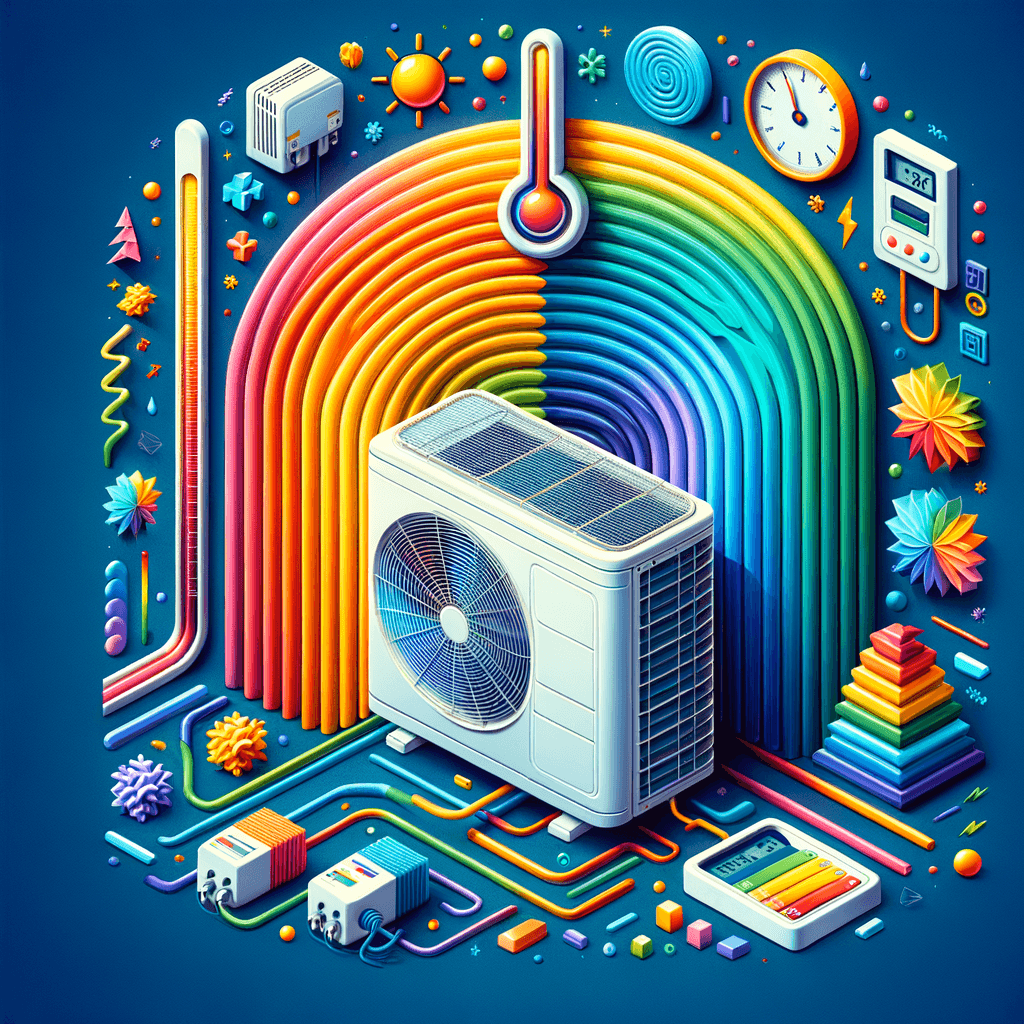
The Crucial Role of Air Conditioner Insulation: Boosting Efficiency and Reducing Energy Loss
By Total Care Air Conditioning Fri Oct 17 20257 minutes

Understanding Air Conditioner Insulation: Why It Matters
Many homeowners and facility managers overlook the insulation surrounding air conditioning lines and ducts, yet this element is pivotal for system efficiency and comfort. Uninsulated or poorly insulated components allow thermal loss, forcing your air conditioner to work harder and increasing energy consumption. Proper insulation ensures cooled air reaches its destination at the intended temperature, reducing operational strain and utility bills.“Insulation is the silent guardian of air conditioning efficiency—without it, even the best systems underperform.”
Key Areas Requiring Insulation in Air Conditioning Systems
Not all parts of an air conditioning system require the same level of insulation. Focusing on high-impact zones ensures maximum returns on your investment and effort.- Refrigerant lines (especially suction lines)
- Exposed ductwork in attics, basements, and crawl spaces
- Air handler cabinets and plenums
- Connections between indoor and outdoor units
Types of Insulation Materials and Their Unique Advantages
Choosing the right insulation material is critical for performance and longevity. Each type offers distinct benefits depending on climate, system design, and budget.| Material | Thermal Resistance (R-Value) | Best For | Durability |
| Foam Rubber | High | Refrigerant Lines | Excellent |
| Fiberglass Wrap | Moderate to High | Ductwork | Very Good |
| Polyethylene Foam | Moderate | Short Duct Runs | Good |
| Reflective Foil | Varies | Ducts in Hot Climates | Good |
Common Insulation Mistakes That Undermine Air Conditioner Performance
Even well-intentioned insulation efforts can backfire if not executed correctly. Recognizing and avoiding these pitfalls is essential for sustained efficiency.- Using the wrong thickness or material for climate conditions
- Leaving gaps or compressing insulation, reducing effectiveness
- Neglecting to seal joints and seams properly
- Failing to replace degraded or waterlogged insulation
How Proper Insulation Drives Energy Savings and Comfort
High-quality insulation acts as a thermal barrier, minimizing heat gain in supply ducts and heat loss in return ducts. This not only reduces your air conditioner's workload but also promotes even temperatures throughout your living or working space, enhancing comfort and indoor air quality.Expert Tips for Inspecting and Maintaining Air Conditioner Insulation
Routine inspection and proactive maintenance can extend the life of your system and prevent costly inefficiencies. Experts recommend a systematic approach to insulation upkeep.- Visually inspect insulation at least twice a year for wear, tears, or moisture
- Replace insulation immediately if it shows signs of mold or water damage
- Seal all seams with HVAC-approved tapes or mastic
- Upgrade insulation when replacing or servicing air conditioning components
“A well-insulated system is like a well-oiled machine—quietly saving you money year after year.”
Frequently Asked Questions About Air Conditioner Insulation
- How often should insulation be checked or replaced?
- Can I insulate my own ducts, or should I hire a professional?
- What are the signs of failing insulation in my air conditioning system?
- Will upgrading insulation make a noticeable difference in my energy bills?
Looking Ahead: Innovations in HVAC Insulation Technology
The future of air conditioner insulation is promising, with new materials and smart technologies on the horizon. From aerogel wraps to integrated thermal sensors, the next generation of insulation aims to further reduce energy waste and automate maintenance.“Tomorrow's insulation solutions will be smarter, thinner, and more effective—redefining what energy efficiency means for modern cooling systems.”